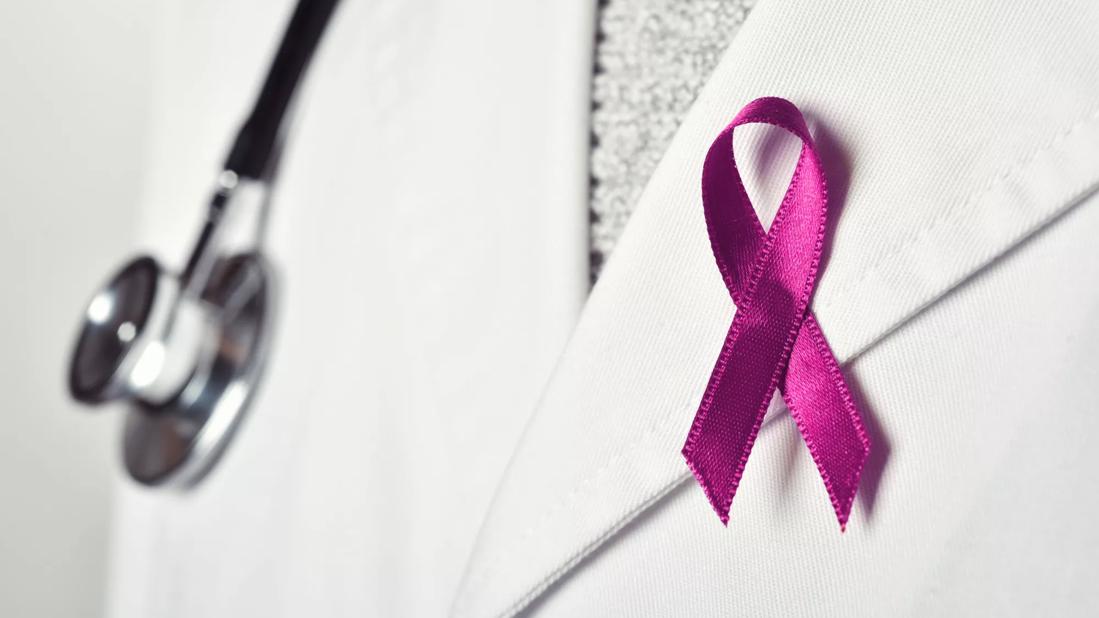Managing the pandemic's impact on cancer patients

The global pandemic has impacted every aspect of patient care with temporary changes that can have lasting impact. Breast cancer care is no exception, according to Chirag Shah, MD, Director of Clinical Research and Breast Radiation in the Department of Radiation Oncology at Cleveland Clinic Cancer Center.
Advertisement
Cleveland Clinic is a non-profit academic medical center. Advertising on our site helps support our mission. We do not endorse non-Cleveland Clinic products or services. Policy
“The main issue in the beginning of the pandemic was ensuring that we continued to provide timely access to care,” he says. “Now that COVID-19 has been with us for a while, we are figuring out the best ways to manage timely access while addressing some of the downstream effects of early changes to care.”
According to 600 responses (83% from the United States and 42% in active treatment) to an online survey conducted by breastcancer.org, about 70% of patients experienced treatment delays in the period prior to June 7. Routine clinical visits (32%), surveillance imaging (14%), routine mammograms (11%), reconstruction (10%), hormonal therapy (5%), mastectomy (5%), radiation therapy (5%) and chemotherapy (4%) were all delayed for some patients. About 30% of these delays were reported as self-chosen, and about 80% of patients reported anxiety that the pandemic would impact their cancer care. More than half of patients used telemedicine.
“It was a delicate balance of COVID-19 risks versus optimizing cancer treatment and outcomes. Many of our patients are immunocompromised or have comorbidities that make COVID-19 potentially more dangerous,” says Dr. Shah. “If we could identify a similarly effective treatment alternative shortened treatment duration, we considered that route.”
“For hormone receptor-positive patients, we often recommended neoadjuvant endocrine therapy for patients who otherwise might have gone directly to surgery in order to avoid potential exposures to COVID-19 in the spring,” says Megan Kruse, MD, medical oncologist and breast specialist at Cleveland Clinic Cancer Center. “Once we determined that the risk to be in the hospital was acceptable, the surgeries resumed as prior to the pandemic.”
Advertisement
While many routine visits were shifted to virtual platforms early in the pandemic, new safety measures and procedures have allowed patient visits at Cleveland Clinic Cancer Center to return nearly to pre-pandemic volumes. Patients are screened upon arrival for symptoms and fever and patients and caregivers are masked. Mammograms, screening and diagnostic care are back on track, while multidisciplinary clinics never slowed and continue to be a critical part of Cleveland Clinic Cancer Center care
“Many more patients are opting for in-person visits and often voice that the environment here feels safe to them,” says Dr. Kruse.
As the pandemic lingers, physicians across all specialties are expressing concern about its long-term impact on patient care. “Patients are understandably concerned to enter a healthcare setting, and so if someone feels a lump in their breast, they might say ‘Well, it can wait a couple more months,’” says Dr. Shah. “And in some cases, that can mean the difference between an early stage cancer and a more advanced cancer which may alter the rates of treatment success and the treatment required. We are encouraging any patient who has symptoms to see us right away and letting them know we have implemented many safeguards for their protection.”
Advertisement
Advertisement

The shifting role of cell therapy and steroids in the relapsed/refractory setting

Radiation therapy helped shrink hand nodules and improve functionality

Standard of care is linked to better outcomes, but disease recurrence and other risk factors often drive alternative approaches

Phase 1 study demonstrates immune response in three quarters of patients with triple-negative breast cancer

Multidisciplinary teams bring pathological and clinical expertise

Genetic variants exist irrespective of family history or other contributing factors

Study shows significantly reduced risk of mortality and disease complications in patients receiving GLP-1 agonists

Structured interventions enhance sleep, safety and caregiver resiliency in high-acuity units